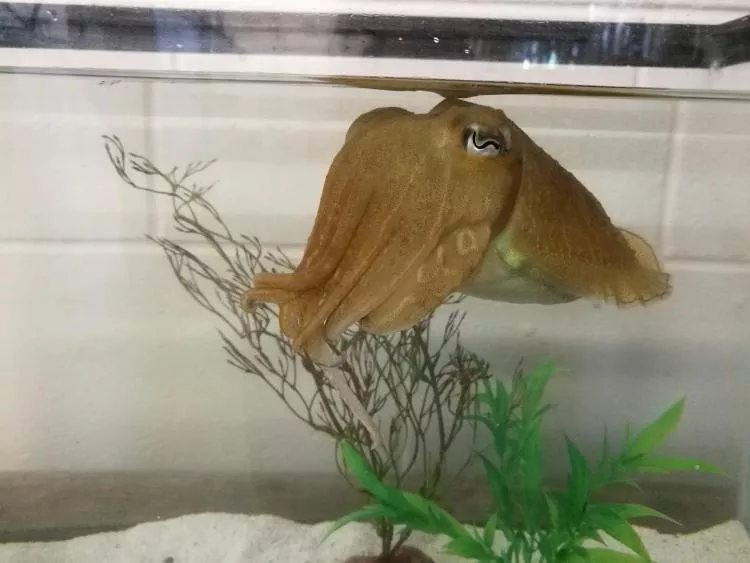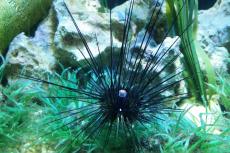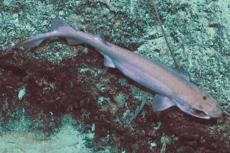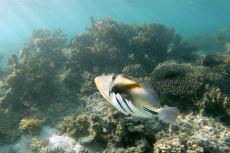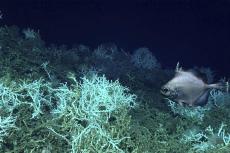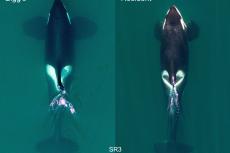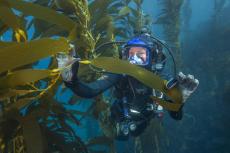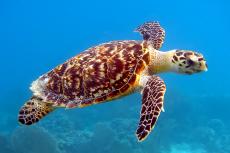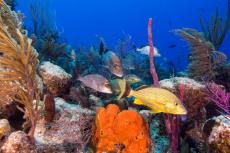Cuttlefish smart enough to wait for better reward
Cuttlefish pass the marshmallow test with flying colors.
Using a modified version of the Stanford marshmallow test, researchers at the Marine Biological Laboratory (The University of Chicago) discovered that cuttlefish had the ability to delay gratification for a better reward—and those that were able to do it for a longer duration possessed better cognitive learning abilities.
The findings, which demonstrated the link between self-control and intelligence, was published recently in the Proceedings of the Royal Society B journal.
According to lead author Alexandra Schnell of University of Cambridge, UK (who was in residence there as a Grass Fellow), "We used an adapted version of the Stanford marshmallow test, where children were given a choice of taking an immediate reward [one marshmallow] or waiting to earn a delayed but better reward [two marshmallows]."
(Incidentally, king prawn and grass shrimp were used in place of marshmallows in this adapted version.)
"Cuttlefish in the present study were all able to wait for the better reward and tolerated delays for up to 50-130 seconds, which is comparable to what we see in large-brained vertebrates such as chimpanzees, crows and parrots."
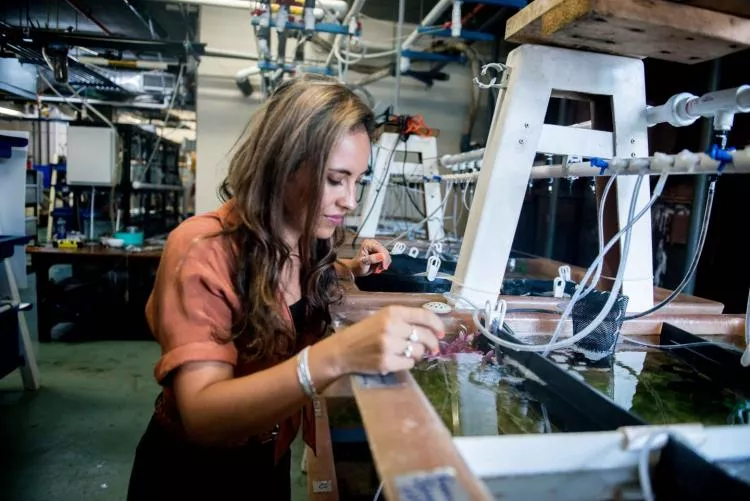
Measure of intelligence
In addition, the cuttlefish were also tested on their learning ability, which is a measure of intelligence. It was found that those that possess better cognitive learning abilities were better able to resist temptation longer during the modified marshmallow test.
The scientists have not figured out why the cuttlefish had evolved this ability, suggesting that it may have been due to its need to hide from potential predators.
"Cuttlefish spend most of their time camouflaging, sitting and waiting, punctuated by brief periods of foraging. They break camouflage when they forage, so they are exposed to every predator in the ocean that wants to eat them. We speculate that delayed gratification may have evolved as a byproduct of this, so the cuttlefish can optimize foraging by waiting to choose better quality food."


